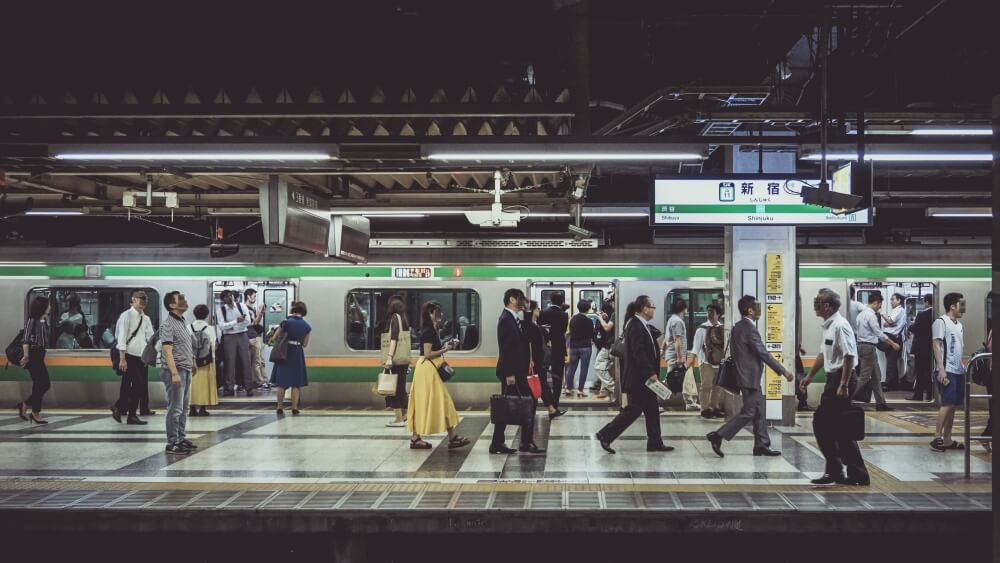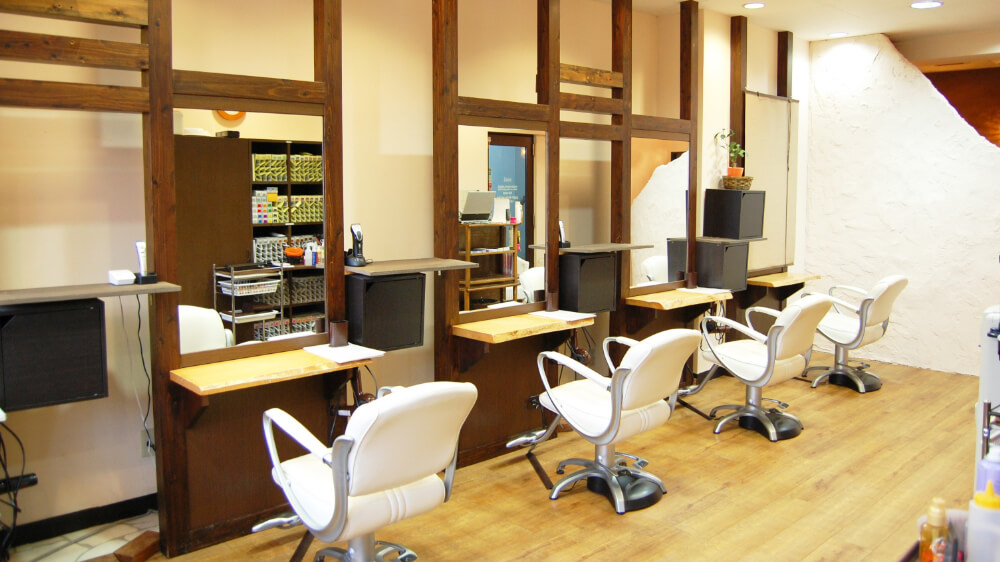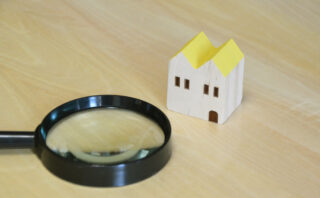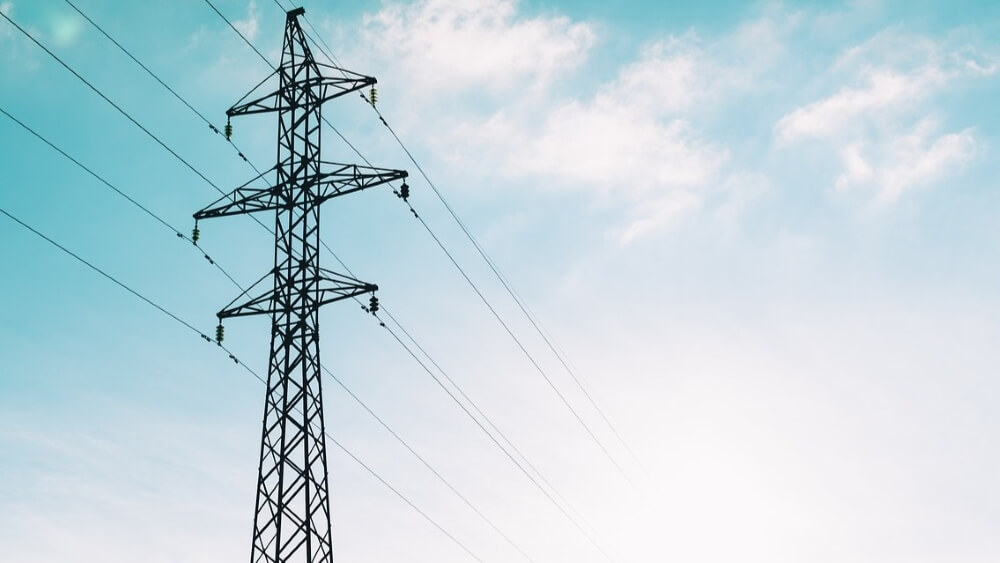Have you ever wondered about the cost of living in Japan? Tokyo consistently ranks high in the list of cities with high living costs. Nevertheless, many foreign tourists visiting Japan and Japanese expatriates are often surprised by the country’s excellent value for money.
In this article, we thoroughly analyse housing expenses, food costs, transportation expenses, socialising expenses, and more in 2024, offering insights into the realistic cost of living in Japan. While living expenses can vary based on factors such as the city and lifestyle, we focus on an average lifestyle in major Japanese cities such as Tokyo, Osaka and Kyoto.
The current exchange rate as of December 2024 is as follows.
You can check the latest rates from currency calculator.
- EUR / JPY: 163.2
- GBP / JPY: 196.7
- USD / JPY: 156.5
- AUD / JPY: 97.9
Comparison of Prices in Japan Worldwide
Japan is an economic powerhouse globally and, in fact, one of the most expensive countries in Asia. Despite this, Japan’s price growth remains modest compared to global inflation rates, as shown in the graph below, even with a gradual increase in recent years. With the recent depreciation of the yen, Japan is no longer considered an expensive country for Western nations facing accelerating inflation. Instead, it is increasingly recognised as a country offering high value for its costs..

Living Cost Breakdown
Housing Expenses
Rent
Rent comprises the largest share of living expenses, and the amount can significantly differ based on your location and chosen accommodation. It’s commonly advised that if your rent surpasses one-third of your salary, it becomes financially burdensome. For instance, with a monthly salary of 200,000 yen, it’s recommended to seek rent up to 65,000 yen, and with 300,000 yen, consider up to 100,000 yen as a guideline.
- Location: Tokyo has the highest rents. For example, for a standard single apartment located within 30 minutes by train from the city center, typically rents for an average of 70,000 to 80,000 yen per month. However, if you are searching for a good conditioned property in the central Tokyo, a studio apartment can easily exceed 100,000 yen. You can find information on how to choose a neighborhood to live in Tokyo in the article “Tokyo Neighborhoods: 13 Best Places to Live in Tokyo“.
In Kyoto or Osaka, the average rent for single-person living is around 50,000 to 60,000 yen. In regional cities such as Fukuoka, Okinawa, and Hokkaido, you can find single apartments for less than 50,000 yen. - Type of Housing: Generally, newer or conveniently located properties tend to be more expensive. Conversely, properties with unit baths or Japanese-style tatami rooms help reduce costs. Also, properties facing north have considerably lower rent due to the lack of sunlight.
In conclusion, it’s advisable to budget between 50,000 to 80,000 yen per month for rent.
For foreigners finding it difficult to secure a guarantor, many opt to rent monthly apartments or share houses. While the rent may be approximately 20-30% higher than the market average, it reduces complex procedures and allows for lower initial costs.
Utilities: Electricity, Gas, Water
Utilities are another cost related to housing. For a single-person household, the average monthly cost of combining electricity, gas, and water is around 10,000 to 15,000 yen. Generally, colder regions tend to have higher costs, while warmer regions are cheaper. For example, there is possibly about 5,000 yen difference between Hokkaido in the far north and Okinawa in the south during certain seasons.
Communication Expenses
Communication expenses are essential in modern life. It’s common to have unlimited data plans for home internet connection, while individuals often purchase SIM packages for smartphones with varying gigabyte limits or unlimited data plans, along with voice calls.
WiFi
If you want internet at home, options include contracting for fiber optic or pocket WiFi. Fiber optic providers usually offer unlimited data for approximately 5,000 yen per month, providing stable and high-speed connections. Pocket WiFi, at around 3,000 yen per month, is convenient for travel but may have unstable signals in some areas.
Mobile
Conventional carriers like Docomo, AU, SoftBank offer unlimited call packages for approximately 5,000 to 6,000 yen per month. Alternatively, there are many providers offering reasonably stable data and call lines for around 1,000 to 2,000 yen with SIM cards.
Food Expenses

Food costs account for the second largest portion of living expenses after housing costs. However, there is no need to worry as food costs in Japan are relatively affordable compared to other advanced countries. Additionally, there is a rich variety of vegetables, and hygiene standards are well-maintained, allowing you to enjoy a safe and delightful culinary experience.
Japan has very fascinating and unique culinary culture. If you are interested in eating or cooking, check more articles about food in Japan.
Groceries
The prices of groceries sold in supermarkets do not change much nationwide. Compared to Western countries, certain products like cheese and fruits tend to be more expensive. However, other items are either similar in price or even cheaper. Particularly, seafood in Japan is fresher, more varied, and more affordable compared to other countries. For a single-person household, monthly food expenses are around 30,000 yen. Supermarkets often sell prepared foods at half price near closing, so taking advantage of this can help save more on food expenses.
Eating Out
In Japan, there are many restaurants where you can eat a full meal for less than 1,000 yen. Various options like pasta, curry, seafood bowls, udon, and hamburgers are available. Even at stylish restaurants, it’s not difficult to find places where you can eat out for around 2,000 yen. Of course, there are also many high-end restaurants that may cost over 10,000 yen, especially in big cities. If you visit an izakaya, a type of Japanese dining bar, expect to spend around 3,000 yen per visit.


Many people in Japan buy lunch at convenience stores, which costs for around 1,000 yen, including drinks. Japan has a developed coffee culture. While you can buy a cup of coffee for 100 yen at convenience stores, cafes often charge 500 yen or more , which is relatively expensive compared to meals.
If you plan to have casual lunches about once a week and attend a few izakaya gatherings each month, it’s a good idea to budget around 10,000 to 15,000 yen per month for dining out.
Transportation Expenses

Transportation costs in Japan are generally comparable to other developed countries. Bicycles are widely used in cities, offering a way to save on transportation costs.
Public Transportation Costs
It depends on the city, but the minimum single fare for using trains or buses is usually around 200 yen. Most transportation networks provide affordable commuter passes for residents. Depending on the distance traveled, it is expected to cost around 5,000 to 10,000 yen per month. In order to move economically and smoothly within cities, it’s highly recommend using an IC card for mobilities.
Private Car (Fuel, Parking, Car inspection)
The maintenance cost of a private car varies greatly depending on the region. In rural areas, many pleaces including apartments and restaurants often offer free parking. On the other hand, in Tokyo, parking fees can be super high everywhere, potentially costing 30,000 to 40,000 yen per month. As of 2024, petrol costs around 160 to 170 yen per liter. Considering the distance traveled, you can expect to spend around 10,000 yen per month.
If you own a car, you need to undergo a biennial vehicle inspection. This, including taxes, costs approximately 80,000 to 100,000 yen for a regular car. Additionally, opting for optional car insurance incurs an annual cost of around 50,000 yen.
Taking into account all the above costs and maintenance expenses, an average monthly expenditure of 20,000 to 50,000 yen is estimated.
Medical Expenses
With health insurance, medical expenses are covered at a 30% co-payment. There are also a High-Cost Medical Expense Benefit that set a cap on the monthly payment amount when undergoing major surgeries, etc. In Japan, medical expenses are generally not a huge burden unless you have serious illnesses or injuries. If you budget around 10,000 yen per month, it should be sufficient for daily life.
Other Expenses

Daily necessities
Living in Japan means you’ll need to buy everyday items like shampoo, detergent, dishes, rubbish bags, and more. These items in Japan are known for their high quality and great value for money. By shopping at 100 yen stores, you can keep your monthly expenses for these items under 5,000 yen. For higher quality yet still affordable options, MUJI is also a popular choice.
Clothing Expenses
Clothing expenses vary significantly from person to person. For those looking to save, buying clothes at supermarket clothing sections or stores like Uniqlo or Shimamura is advisable. T-shirts can be found for around 1,000 yen, underwear for 500 yen, and shoes starting at around 3,000 yen. On average in Japan, people spend around 5,000 to 10,000 yen per month on clothing.
Would like to know Japanese clothing sizes? You can find the information here;
Beauty Expenses
If you don’t have particular preferences, you can get a haircut at a franchise hair salon starting from 1,000 yen. At a full-fledged beauty salon, the standard price is around 5,000 yen for a haircut and 5,000 yen for color, which often includes hair blow-dry and head massage. Including body care expenses and everyday beauty products, a monthly beauty expenses is estimated to be around 5,000 yen.
Socialising and Entertainment Expenses
How often you go out and where you go can have a big impact on socialising and entertainment expenses. As a guideline, movie tickets cost around 1,600 yen, karaoke for three hours is approximately 1,000 yen, eating out with friends costs around 3,000 yen, and museum visits typically cost 1,000 to 2,000 yen.
Many people budget around 10,000 to 20,000 yen per month. If you have several subscriptions, many hobbies, or frequently travel, it is recommended to allocate an additional 10,000 to 20,000 yen.
Monthly Living Costs in Japan

Considering the above, the estimated monthly living costs per person in Japan are generally as follows. Of course, lifestyle and location can greatly alter these figures, but consider this as a reference for a standard lifestyle in cities.
- Housing Expenses: Rent 50,000 to 80,000 yen + Utilities 10,000 to 15,000yen
- Communication Expenses: 5,000 to 10,000 yen
- Food Expenses: Groceries 30,000 yen + Eating out 10,000 to 15,000 yen
- Transportation Expenses: (Public Transportation) 10,000 yen / (Private Car) 20,000 to 50,000 yen
- Medical Expenses: Health Care 10,000 yen
- Other Expenses: Daily necessities 5,000 yen + Clothing 5,000 to 10,000 yen + Beauty 5,000 yen + Socialising and Entertainment 10,000 to 30,000 yen
Total Monthly Living Expenses: 150,000 to 230,000 yen
These figures do not include compulsory payments such as income tax, health insurance premiums, resident taxes, pension premiums, etc. For company employees, these taxes are deducted from the salary, usually around 20% of the salary. Freelancers and self-employed individuals pay these calculated taxes themselves. Since tax amounts vary based on income and location, it’s difficult to give a general figure. However, having a monthly income before tax of 250,000 to 300,000 yen should make ends meet in Japan.
Everyday essentials, clothing, appliances, and books are often more affordable online—take advantage of this to shop smart and save!
Did the cost of living in Japan match your expectations, or was it different? From a global perspective, prices in Japan may still be on the higher side. However, if you can earn the average salary of other developed countries while living in Japan, you can have a comfortable lifestyle. Considering the quality of food, products, unique culture, and a variety of activities, Japan is definitely a country with a high value for living.











